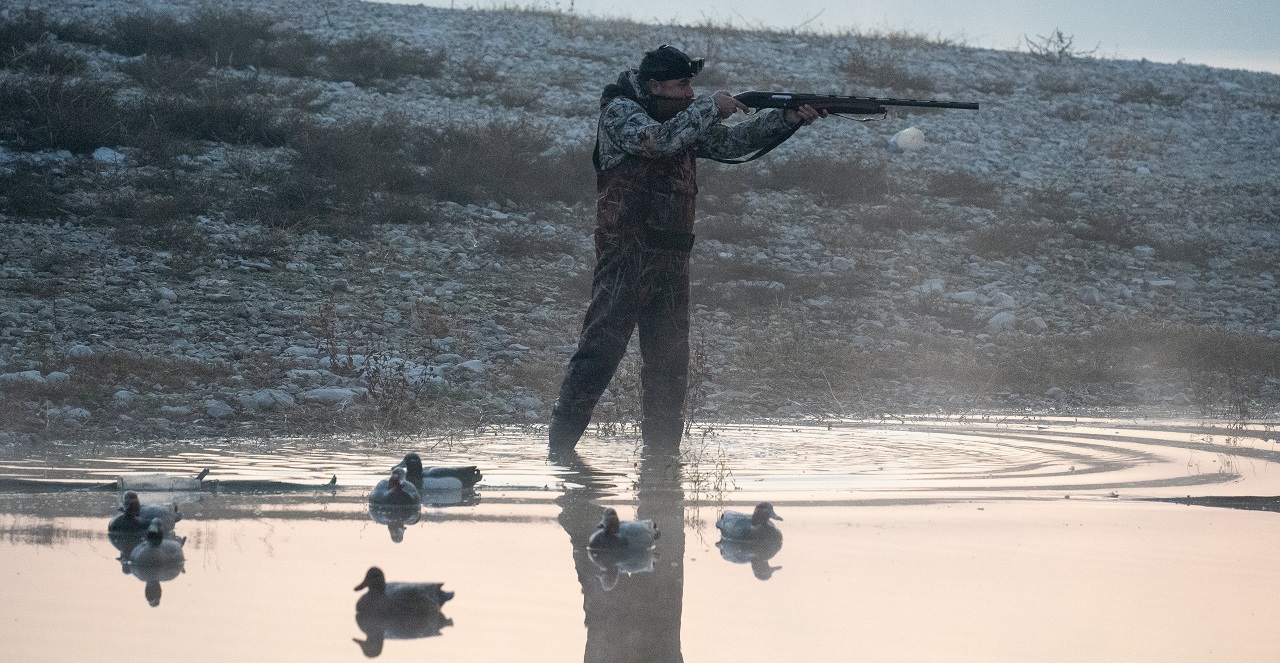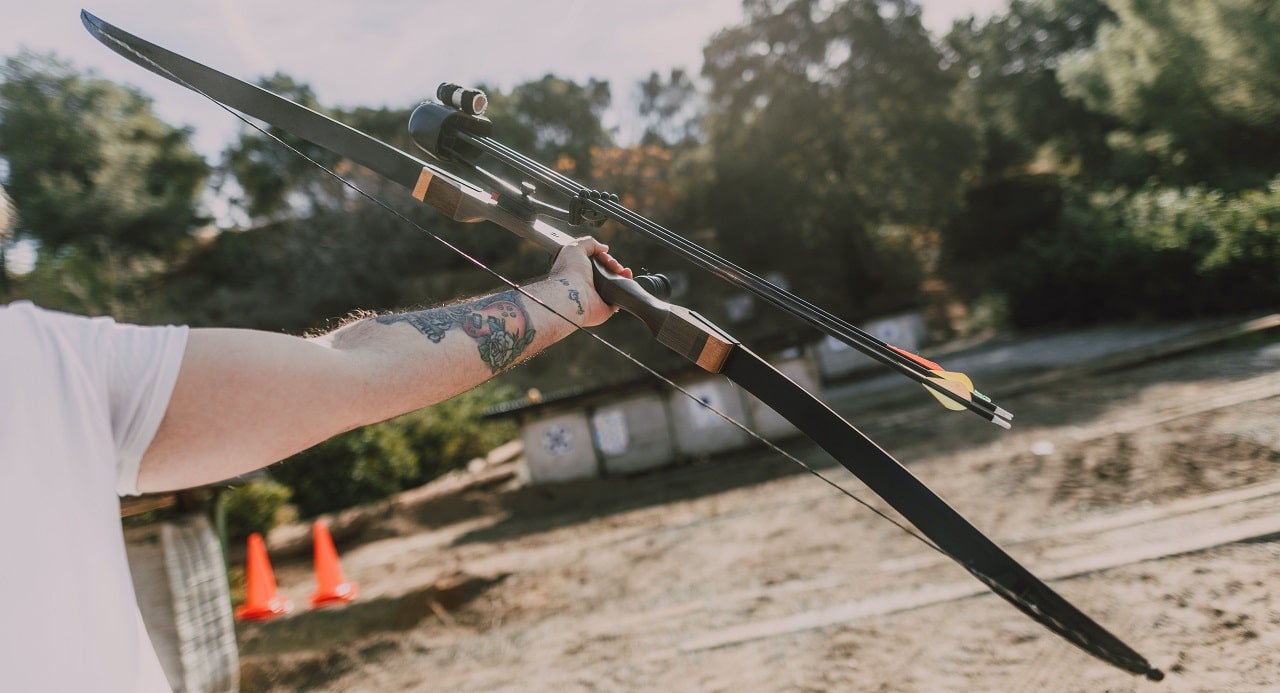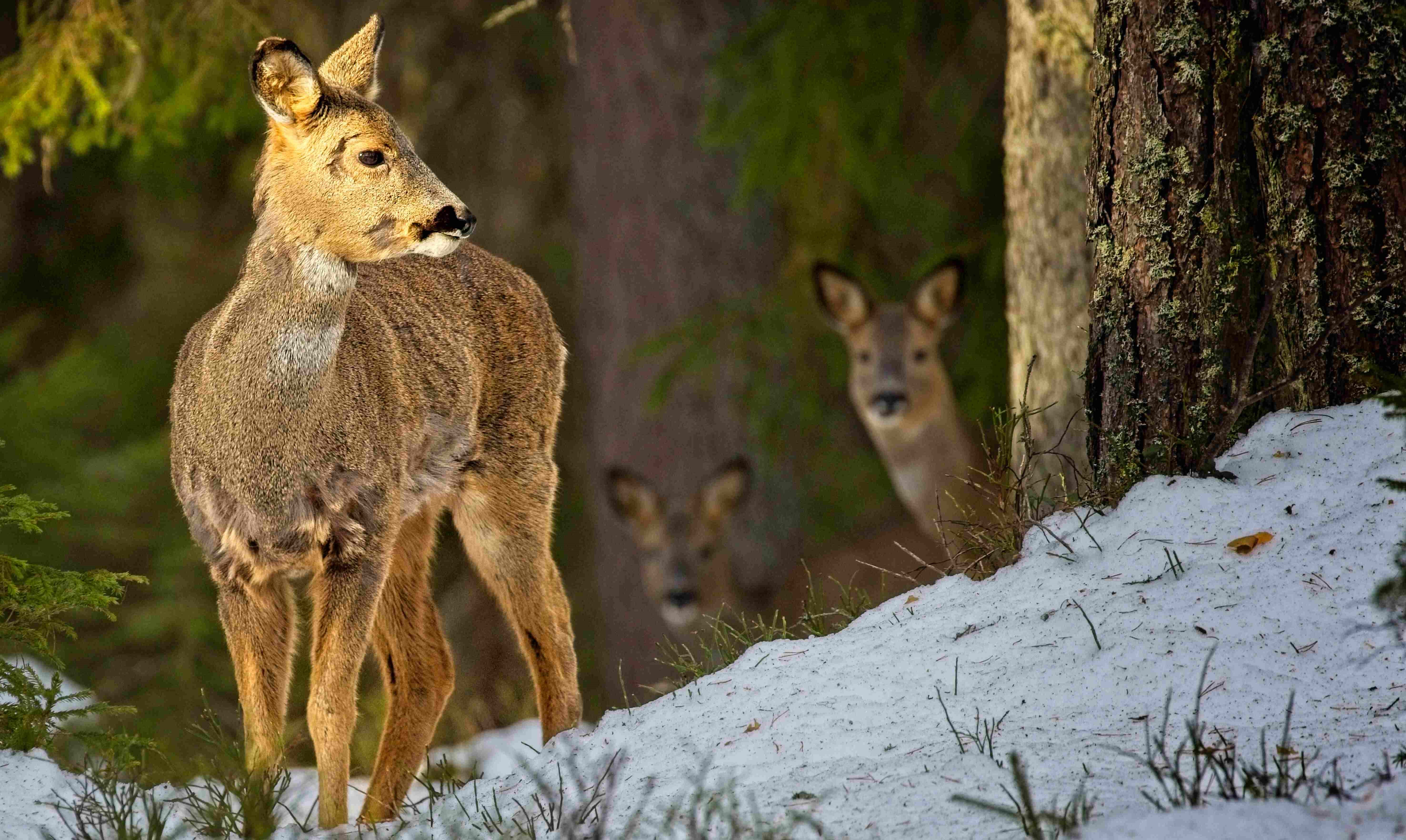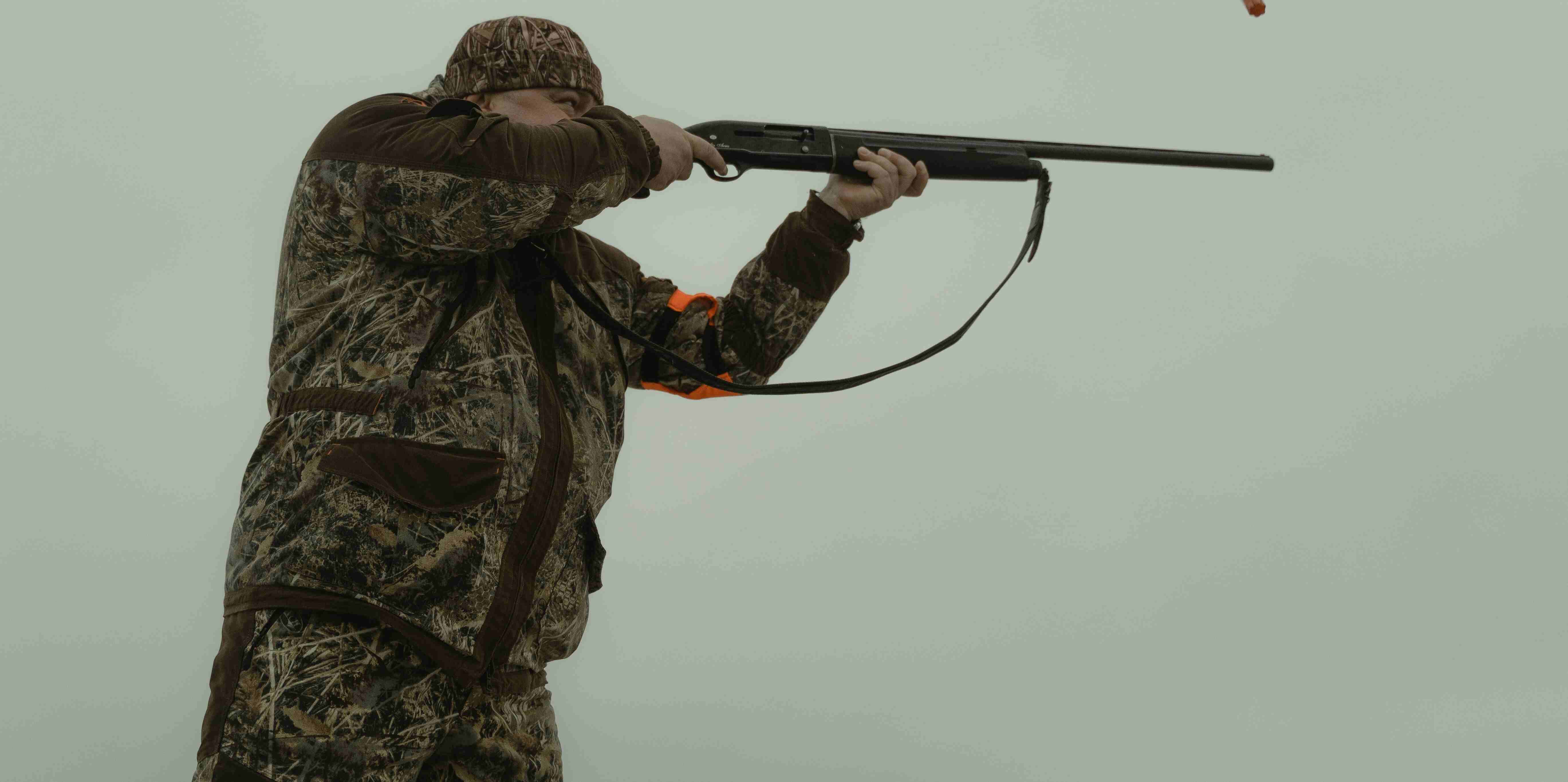Introduction
For outdoor enthusiasts, duck hunting is a time-honored ceremony that blends the beauty of nature with the excitement of the chase. We will delve into the specifics of duck hunting in this in-depth guide, covering everything from necessary equipment to moral behavior and the sheer delight of the activity.
The Thrill of the Hunt
Understanding Duck Behavior
Ducks are elusive waterfowl, and understanding their behavior is essential to being a competent hunter. Due to their remarkable degree of adaptability, ducks’ migration habits change with the seasons. Recognizing their feeding and resting habits is key to selecting the perfect hunting spot.
Essential Gear for Duck Hunting
- Shotguns: Choose a shotgun that suits your comfort and skill level. 12-gauge shotguns are popular for their versatility, but 20-gauge options offer a lighter alternative.
- Decoys: Realistic decoys attract ducks, creating a lifelike environment. Strategically placing them on the water can significantly enhance your chances of a successful hunt.
- Blinds: Camouflaged blinds provide crucial cover, allowing you to remain hidden from the keen eyes of ducks. Setting up a blind that blends with the surroundings is an art in itself.
- Calls: Mastering duck calls is an essential skill. Whether you opt for a single or double reed call, practice is key to mimicking the diverse sounds ducks make.
Ethics in Duck Hunting
Conservation and Sustainability
Dedicated duck hunting complements conservation initiatives. You may help preserve duck populations and their natural habitats by being aware of and following hunting restrictions.
Respect for Wildlife
The thrill of duck hunting should never compromise respect for the wildlife. Ethical hunters prioritize clean kills and humane practices, minimizing unnecessary harm to the animals they pursue.
Choosing the Right Hunting Ground
Researching Prime Locations
Selecting the right hunting ground is pivotal to a successful outing. Researching local regulations, studying migration patterns, and seeking advice from experienced hunters can help you pinpoint the best spots for your next duck hunting adventure.
Adapting to Weather Conditions
Weather plays a crucial role in duck hunting. Understanding how different weather patterns affect duck behavior can give you a strategic advantage. Rain and overcast skies, for example, often increase duck activity.
The Joy of Duck Hunting
Camaraderie in the Great Outdoors
Duck hunting is about more than just pursuing game; it’s also about friendship. The act of patiently waiting in the blind while hunting with loved ones, friends, or other enthusiasts leaves a lasting impression.
The Beauty of Nature
Beyond the thrill of the hunt, duck hunting offers an unparalleled connection with nature. Witnessing the sunrise over a tranquil wetland or the graceful flight of ducks against a vibrant sky is a reward in itself.
Mastering the Art: Tips and Tricks for Duck Hunting Success
Perfecting Your Shot
Shotgun Skills
Achieving accuracy with your shotgun is crucial for a successful duck hunting experience. Practice your aim regularly to build muscle memory and improve your shooting technique. Consider visiting a shooting range to refine your skills and gain confidence in handling your firearm.
Patience is a Virtue
Duck hunting demands patience. Ducks can be cautious and easily spooked, so waiting quietly in your blind is often more effective than constant movement. Embrace the stillness, be attuned to your surroundings, and let the ducks come to you.
Seasonal Considerations
Early Season Tactics
Early in the season, ducks are typically less wary, making it an ideal time for beginners to hone their skills. Focus on scouting for feeding areas and set up your blind accordingly. Early mornings and evenings tend to be prime times for duck activity.
Late Season Challenges
As the season progresses, ducks become more cautious due to increased hunting pressure. Employ advanced calling techniques and adjust your decoy spread to mimic the behavior of wary ducks. Late-season hunting can be challenging but immensely rewarding for those who adapt to changing conditions.
Advanced Techniques
Calling Strategies
Mastering duck calls requires practice and a keen ear. Experiment with different calls to mimic various duck sounds, from feeding chatter to lonesome quacks. Understanding the nuances of duck communication will enhance your ability to attract them to your decoy spread.
Motion Decoys
Introducing motion to your decoy spread can add realism and attract ducks from a distance. Motion decoys, such as spinning wing decoys, imitate the motion of ducks landing and can be particularly effective in luring in curious birds.
Safety First
Concealment and Safety Measures
While the excitement of the hunt is paramount, safety should always be a top priority. Ensure that your blind provides proper concealment, and always follow safe gun-handling practices. Communicate clearly with hunting partners to avoid accidents and mishaps in the field.
Familiarize Yourself with Regulations
Stay informed about local hunting regulations and obtain the necessary permits. Adhering to hunting laws not only keeps you on the right side of the law but also contributes to the overall sustainability of the sport.
Reflecting on the Hunt
Journaling Your Experiences
Keep a hunting journal to document your experiences. Record details such as weather conditions, successful strategies, and memorable moments. Reflecting on your hunts can help you refine your skills and create a personal archive of your journey as a duck hunter.
Sharing the Passion
Duck hunting is a community-driven activity. Share your experiences and knowledge with fellow hunters, both new and seasoned. Joining local hunting clubs or online forums provides a platform to exchange tips, stories, and camaraderie with like-minded individuals.
Navigating Challenges and Embracing the Spirit of Duck Hunting
Overcoming Challenges
Adapting to Changing Conditions
Duck hunting, like any outdoor activity, is subject to the unpredictability of nature. Be prepared to adapt to changing weather conditions, shifting migration patterns, and alterations in duck behavior. Flexibility and a willingness to adjust your approach will enhance your chances of success.
Concealment Techniques
The effectiveness of your concealment can make or break a duck hunting expedition. Ducks have keen eyesight, so invest time in perfecting your camouflage. Blend into your surroundings by using natural materials and colors that match the environment in which you’re hunting.
Conservation and Stewardship
Habitat Preservation
Duck hunters are inherently linked to conservation efforts. Engage in habitat preservation initiatives to ensure the longevity of waterfowl populations. Participate in local wetland restoration projects and advocate for the protection of vital ecosystems that sustain duck habitats.
Responsible Shot Selection
Practice responsible shot selection to minimize the impact on non-target species. Identify your target with certainty before taking a shot, and avoid shooting at low-flying or distant ducks where accuracy may be compromised. Ethical hunting contributes to the overall well-being of ecosystems.
Deepening Your Connection with Nature
Wildlife Observation
Duck hunting provides a unique opportunity to observe wildlife in its natural habitat. Take moments during your hunting trips to appreciate the diverse bird species, plant life, and scenic landscapes. Connecting with nature on a deeper level fosters a sense of stewardship and environmental awareness.
The Future of Duck Hunting
Introducing New Generations
Pass on the rich tradition of duck hunting to future generations. Encourage youth involvement in outdoor activities and teach them the values of patience, respect for nature, and ethical hunting practices. Instilling a love for the outdoors ensures the continued legacy of duck hunting.
Advocacy for the Sport
Participate in advocacy efforts to protect the rights and interests of duck hunters. Engage with local and national hunting organizations that work towards preserving hunting traditions, securing access to hunting grounds, and promoting responsible hunting practices.





